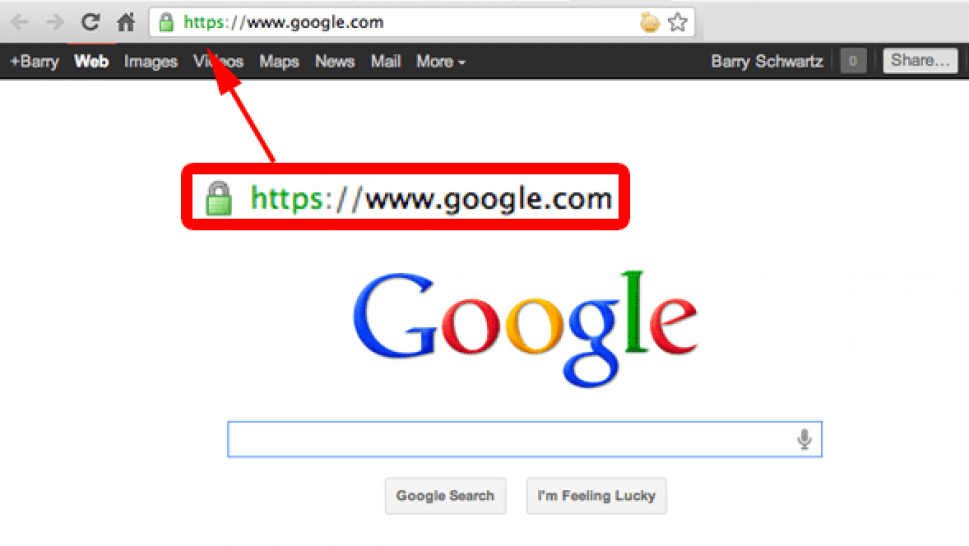Yesterday morning, Google announced that they would be favoring sites that use HTTPS in their search results. It wouldn’t make much difference, since it would affect only one percent of search results, but that thing could make a significant difference for companies that are hosting sites. HTTPS is a tiny thing that looks like a padlock icon in one’s browser and it keeps attackers from putting their nose in your Gmail session, but it was mostly used in webmail and banking, because it puts extra load on servers. Also, there are a growing number of services who are willing to take on that server load for free, in order to make it easy for sites to make the switch if they want a little more search traffic.

As long as websites are unencrypted, it is only the question of will for attackers to see where you are going online.
Soghoian and Google respect privacy a lot and that is the reason why they just love HTTPS. As long as websites are not encrypted, it is a piece of cake for anyone at the ISP or network level to see which websites you are visiting. It could be a real problem, since anyone could see your browsing history. Google things that this could be the right move and that websites will be ready to move to HTTPS because they are already doing many things just to get a better position at Google rankings.
Although this is a great move for privacy, this is also a risky move. Google is changing their algorithms all the time just to improve user experience, so spammers get down and trusted websites get into the sky.
This is something different, part of Google "working to make the Internet safer more broadly," as the post puts it. That's been a priority at Google for years, but this is the first time the company has tinkered with search results to get there. So far it's just a nudge, too small to object to, but as Facebook learned earlier this year, it's easy to go too far, and often hard to know where to stop.





Share the News